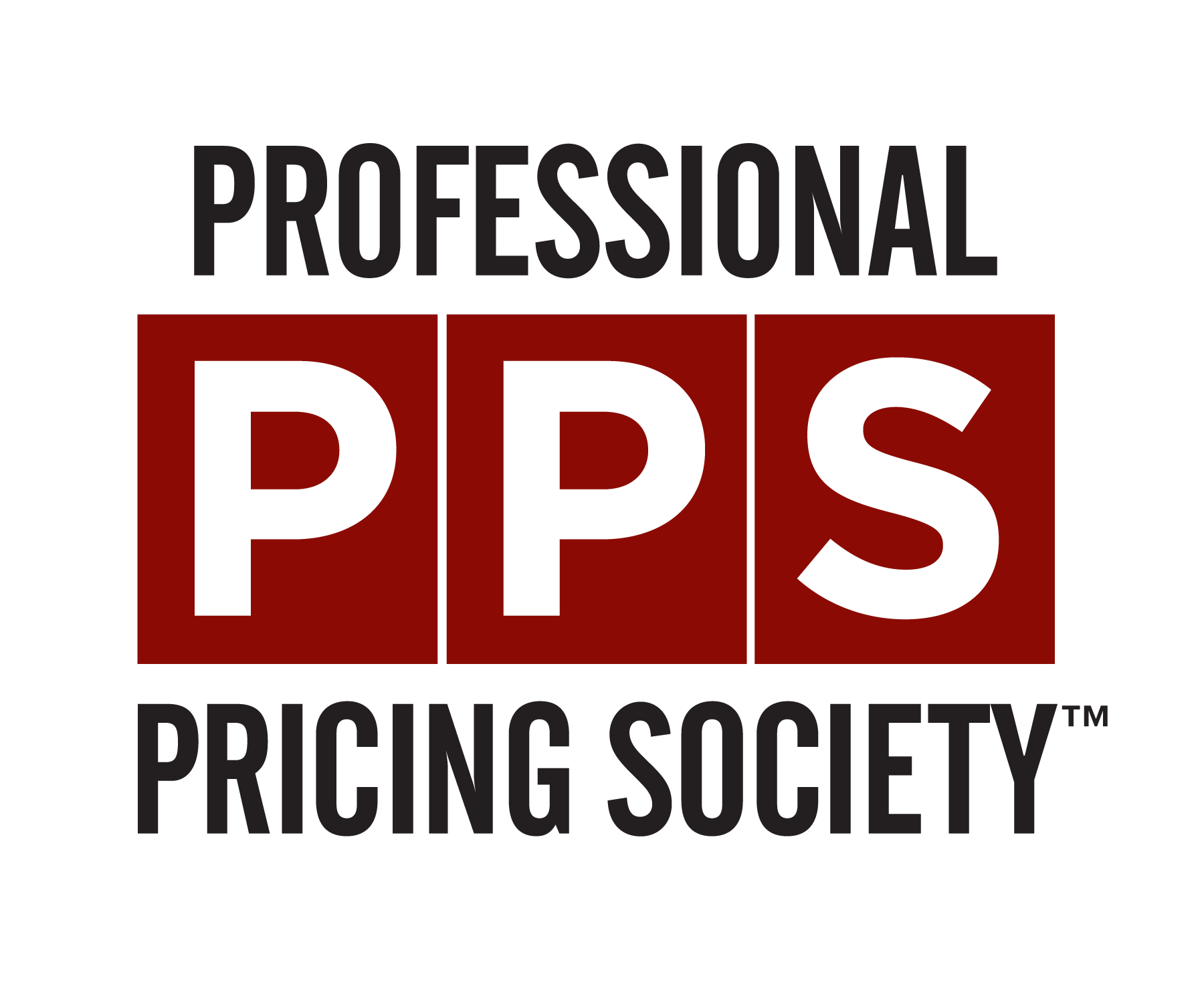Realizing Market Leading Profitability
- PPS
- Oct 29, 2024
- 2 min read
Updated: Feb 25

Author: Rajeeb Chowdhury
The global e-Commerce logistics market is expected to reach USD 1.9 trillion by 2030 and reflecting a CAGR growth of 23.5% during the period 2021 – 2030. (source: www.alliedmarketresearch.com). The wide spread surge of B2C e-Commerce websites and platforms has significantly boosted the demand for domestic and cross-border e-commerce logistics globally. We have witnessed similar pace in the growth of number of e-commerce logistics players both locally within countries and across various regions globally. Interestingly, we have also observed gradually growth in the number of leading global and regional e-retailers who are entering the logistics space and offering integrated solutions which includes both on-line shopping and last mile delivery.
This sector is going through fast paced transformation driven by continuously evolving customer needs and enormous possibilities with the adoption of various technological solutions. The logistics companies and e-retailers are also faced with enormous challenge – on one hand to offer very competitive prices for the delivery of their goods to the end-consumers and on the other hand continue to invest in devicing innovative processes and solutions to stay afloat in the market.
Profitability challenges facing most companies:
During this cut-throat competitive journey, a number of companies have also gone bankrupt and perished as they lacked the competitive edge in successfully pursuing the most appropriate strategies for realizing profitable growth. While achieving ‘economies of scale’ has been the dominant philosophy across most market segments, a number of companies under-estimated the importance of other key values drivers which are equally significant in driving profit realization. It is imperative that business leaders in this sector pursue a more holistic approach in translating customer value proposition into optimal profit realization. This requires a careful assessment of key value drivers, but more importantly successfully implementing some of the simple but effective business principles within an organization and in relationship to the target customers and suppliers.
Workshop objective:
This workshop will provide an holistic cross-functional view on how B2C logistics companies and e-retailers could optimize growth and profitability in the context of the ongoing market trends and innovation. The workshop participants will have the opportunity to analyse and learn some of the proven industry best practices pursued by leading B2C logistics players. The 3 key strategic levers for profitable growth in B2C industry growth will be evaluated based on a few examples of best practices currently being implemented by leading companies. The 3 key levers covered during this workshop are: 1. volume growth 2. cost optimization and 3. price levers.


Introduction to the speaker – Rajeeb Chowdhury
Rajeeb is a dynamic and results-driven leader, currently serving as the Chief Strategy & Transformation Officer at AJEX, a leading Middle East specialist in B2C and last mile solutions. With over 30 years of experience across diverse industries, Rajeeb has a proven track record of driving growth and profitability through strategic innovation and business transformation. Rajeeb’s expertise spans business turnaround, change management, strategy design, and process re-engineering. Previously, he has worked with DHL Express for 20 years on various senior management roles and also as a price professional as Global Head of Strategic Pricing and Regional VP of Pricing & Yield – Asia Pacific and Emerging Markets.

I contacted 3pl seattle wa and it turned out to be a great solution for my business! They took care of all the logistics - storage, packaging and delivery. Thanks to this, I was able to focus on developing the company without worrying about warehouses and shipping times. I was especially pleased with the fast order processing and reliable delivery.
Achieving market-leading profitability often hinges on strategic pricing and value-driven approaches. Businesses that focus on understanding customer needs and adjusting accordingly are better positioned to thrive. Similarly, in real estate, understanding market trends is key to maximizing investment potential. Platforms like https://emirates.estate/ offer a wealth of knowledge and opportunities for navigating this dynamic sector. Both pricing strategies and smart investments play crucial roles in ensuring sustained success.